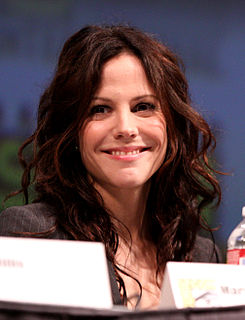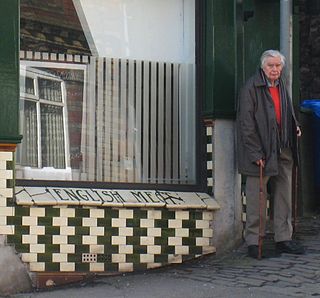A Quote by Reginald Horace Blyth
The object of our lives is to look at, listen to, touch, taste things. Without them, - these sticks, stones, feathers, shells, - there is no Deity.
Related Quotes
All changes in space which we see, hear, smell or taste are literally tactile impressions. All our senses are variations of our unique sense of touch. Two approaching objects touch one another when they finally meet without a noticeable space between them. ... This is what happens in any condensing matter in which the outer aspects move towards a centre... Each single part of matter approaches its neighboring part until the two collide, causing an impact or a pressure. It is space, which appears and disappears between and round object and in the movements of the particles of the object.
Plato in his dialogue The Phaedo says that whereas sticks and stones are both equal and unequal, (so maybe what that means is that each stick is going to be equal to some other sticks and unequal to some other sticks, so equal to the stick on the left maybe but shorter than the stick on its right) the form of equal is going to be just equal, and it won't partake of inequality at all. And it will be the cause of equality in things that are equal, for example, equal sticks and stones.
A person is alive only to the degree that he or she is aware. To make the most of life we must constantly strive to be aware of the importance of being aware. Be aware of your senses and use them: So often we are distracted and unconscious of the riches our senses can pour into our lives. We eat food without tasting it, listen to music without hearing it, smell without experiencing the pungency of odors and the delicacy of perfumes, touch without feeling the grain or texture, and see without appreciating the beauty around us.
We dare not trim stones to make God an altar, for if we do we ruin everything. We would spend time bringing people to the altar and saying, "Look at those beautiful stones we trimmed!" We merely need to accept the work that God has done for us in Christ. The object of His restrictions is to help us see how wonderful He is and to spend the rest of our lives rendering true worship to Him.
The seeing of objects involves many sources of information beyond those meeting the eye when we look at an object. It generally involves knowledge of the object derived from previous experience, and this experience is not limited to vision but may include the other senses: touch, taste, smell, hearing, and perhaps also temperature or pain.
I put a lot of stock in the written word, and the power of it. That's what I love about acting and reading scripts. Words are really powerful. I don't believe that axiom at all - words can absolutely hurt you. Words can wound. They can do a lot of damage. I think they can do way more damage than sticks and stones. I'll take sticks and stones.
If we begin to get in touch with whatever we feel with some kind of kindness, our protective shells will melt, and we'll find that more areas of our lives are workable. AS we learn to have compassion for ourselves, the circle of compassion for others-what and whom we can work with, and how-becomes wider.
Our lives are so important to us that we tend to think the story of them begins with our birth. First there was nothing, then I was born...Yet that is not so. Human lives are not pieces of string that can be separated out from a knot of others and laid out straight. Families are webs. Impossible to touch one part of it without setting the rest vibrating. Impossible to understand one part without having a sense of the whole. - Vida Winter
However good we are, however correctly we seek to lead our lives, tragedies do occur. We can blame others, look for justification, imagine how our lives would have been different without them. But none of that matters: they have happened, and that is that. From this point on, it is necessary that we review our own lives, overcome fear, and begin the process of reconstruction.


































